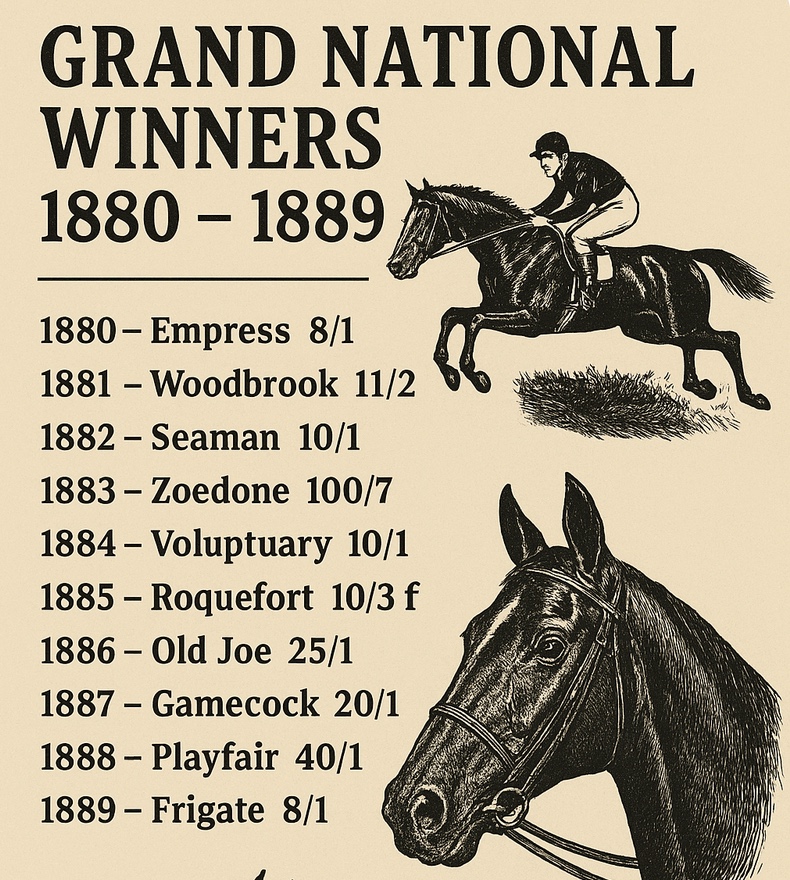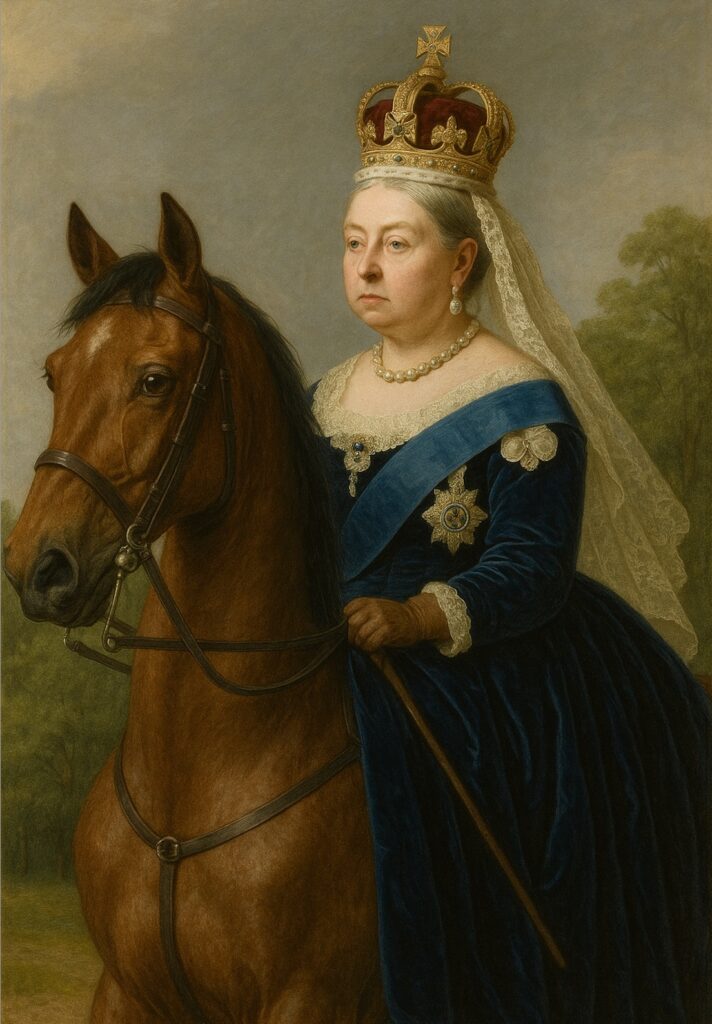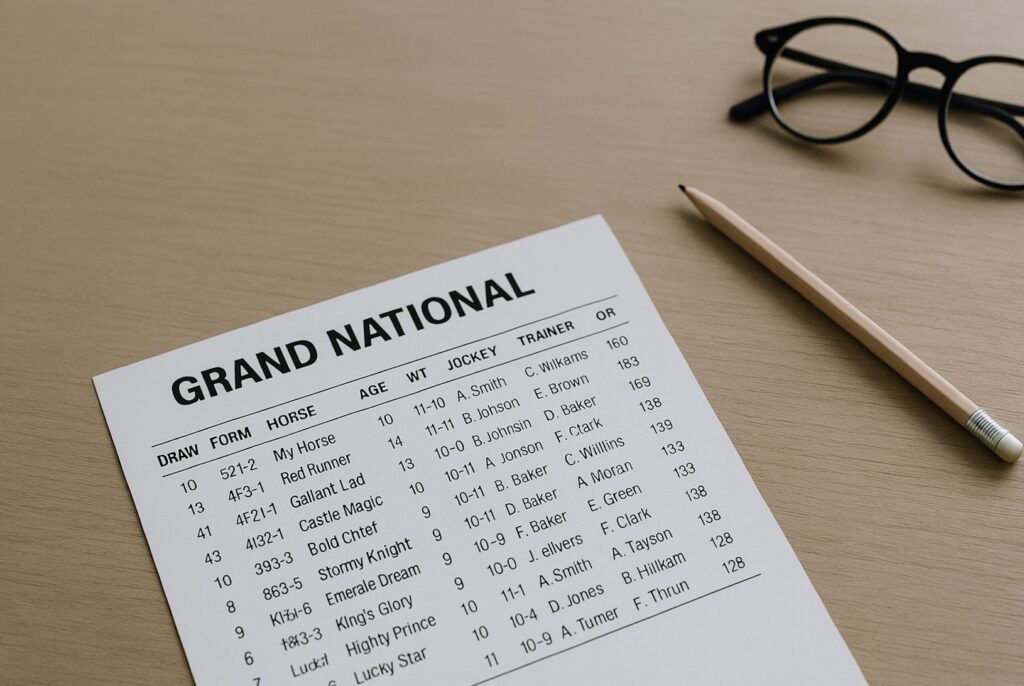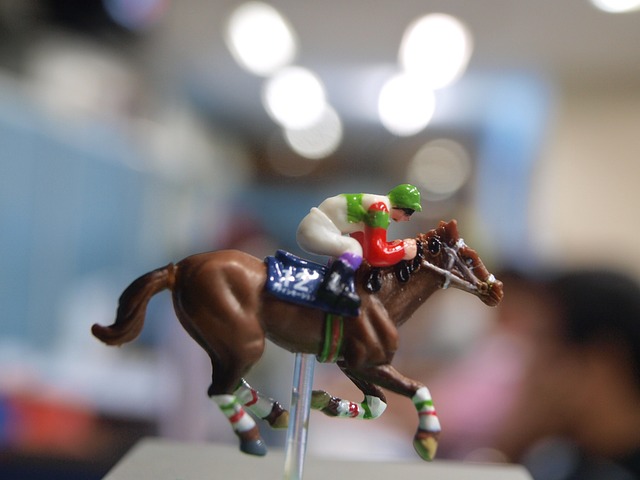Grand National Winners 1880 – 1889
 William Gladstone won the 1880 General Election, leading to over a decade of Conservative rule. This may have been helped by the 1884 Representation of the people Act which doubled the electorate by giving the vote to many rural working men. Britain expanded colonial rule in Egypt. In 1885, the public was shocked to hear General Charles Gordon was killed in the Sudan Crisis during the Mahdist uprising. The rise in new unionism saw the Matchgirls’ Strike (1888) highlighting labour conditions and workers’ rights. Elementary schools were more common and literacy rates rose. Oscar Wilde was popular within arts and literature. While Jack The Ripper lurked somewhere in the poverty-stricken streets of Whitechapel, London. The Married Women’s Poverty Act allowed married women to own property in their own right. Electricity and telephone uptake grew in the 1880s although it was only for business and wealthy individuals. At this time, betting was still done in person, on the street or on course.
William Gladstone won the 1880 General Election, leading to over a decade of Conservative rule. This may have been helped by the 1884 Representation of the people Act which doubled the electorate by giving the vote to many rural working men. Britain expanded colonial rule in Egypt. In 1885, the public was shocked to hear General Charles Gordon was killed in the Sudan Crisis during the Mahdist uprising. The rise in new unionism saw the Matchgirls’ Strike (1888) highlighting labour conditions and workers’ rights. Elementary schools were more common and literacy rates rose. Oscar Wilde was popular within arts and literature. While Jack The Ripper lurked somewhere in the poverty-stricken streets of Whitechapel, London. The Married Women’s Poverty Act allowed married women to own property in their own right. Electricity and telephone uptake grew in the 1880s although it was only for business and wealthy individuals. At this time, betting was still done in person, on the street or on course.
The Aintree Grand National remained extremely popular.
Let’s take a look at the winners from this decade:
1880 – Empress 8/1
1881 – Woodbrook 11/2 jf
1882 – Seaman 10/1
1883 – Zoedone 100/7
1884 – Voluptuary 10/1
1885 – Roquefort 10/3 f
1886 – Old Joe 25/1
1887 – Gamecock 20/1
1888 – Playfair 40/1
1889 – Frigate 8/1
A couple of jockeys proved positive with 5 wins between them. Mr Tommy Beasley had the first two winners of the decade riding for Henry Linde. In relatively small fields, Empress and Woodbrook took the 42nd and 43rd Aintree Grand Nationals by less than four lengths each. The trainer and jockey, both from Ireland.
Beasley would taste victory once more with the victory of Frigate in 1889 for trainer-owner Mat Maher. The 11 year old won at odds of 8/1 by one length from Why Not, who would go on to win the National in 1894.
Mr Ted Wilson was the other jockey to make his mark with two wins in the mid part of the decade with Voluptuary (1884) and Roquefort (1885).
Voluptuary raced on the flat. In fact, he ran in the Epsom Derby. He was the first winner of the Aintree Grand National without having previous experience in the race. Interestingly, the bay gelding was bred by Queen Victoria. After retirement, he received critical acclaim portraying the racehorse ‘The Duke’ in the play The Prodigal Daughter. Originally in the ownership of Lord Roseberry, he won the National in the silks of H.F.Boyd at odds of 10/1. Interestingly, Voluptuary was originally named Battersea. However, his name was changed before this racing career.
Roquefort was the shortest priced of this decade when winning for Wilson at the odds of 10/3f, trained by Arthur Yates in the ownership of Arthur Cooper. The six-year-old gelding won by two length from Frigate, who would be the star of the show in 1889.
There is an interesting story behind the 1882 winner Seaman. It is as much a story about owner as horse because Lord Manners made a wager. John Thomas Manners-Sutton, a nobleman, liked a bet and he wagered he could buy, train and ride the winner of the 1882 Aintree Grand National. Added to the scenario he only had months to prepare. The horse was bought from an Irish man who questioned whether it could achieve the standard to compete in such a prestigious race. Few believed Manners had the riding skills or experience necessary. By the day of the race, the weather was horrendous with snow storms and ice which played in Manners’ favour. While other jockeys were more cautious and held back, Manners pushed on until drawing level with the favourite at the last fence. Seaman, started to go lame, but the pair won by a short head.
Seaman won at odds of 10/1.
The winning wager must have been substantial as he built a 52 room mansion called Avon Tyrroll at Sopley, Hampshire. The Grade I listed building is considered to be one of the archetypal Arts & Crafts buildings. Commonly known as a calendar house.
Although Seaman never raced again, he lived with the family and family home for the rest of his life. He was buried between two trees on the grounds.
What a story.
This decade had a number of big priced winners including:
1886 – Old Joe 25/1
1887 – Gamecock 20/1
1888 – Play Fair 40/1
As seen with this post, the Aintree Grand National is a race of the great and the good.
It is worth noting that nobility was attracted to the Grand National like no other race. For example, in 1883 Zoedone won at odds of 100/7. The chestnut mare was not only owned but ridden by a very rich Count from Austria.
His full title: Karl, 8th Prince Kinsky of Wchinitz and Tettau.
He has two ambitions in life: to be made Austo-Hungarian attache to Britain and the second to own and ride a Grand National winner.

 Race cards are essential for anyone following the Grand National. They provide key details about horse form, jockey statistics and track conditions, helping you make informed decisions during one of the most iconic events in horse racing. By learning how to interpret this information, you can better understand the runners and riders and enjoy a more strategic approach to the big day at Aintree.
Race cards are essential for anyone following the Grand National. They provide key details about horse form, jockey statistics and track conditions, helping you make informed decisions during one of the most iconic events in horse racing. By learning how to interpret this information, you can better understand the runners and riders and enjoy a more strategic approach to the big day at Aintree. The jockey who holds the record for rides in the Grand National is Richard Johnson with 21. Johnson first rode in the celebrated steeplechase in 1997, parting company with his mount, Celtic Abbey, at The Chair during the infamous ‘Monday National’, postponed for 48 hours after a bomb threat forced the evacuation of Aintree Racecourse. Indeed, Johnson failed to complete the National Course on his first five attempts, but on his sixth, in 2002, came as close as he ever would to winning the race.
The jockey who holds the record for rides in the Grand National is Richard Johnson with 21. Johnson first rode in the celebrated steeplechase in 1997, parting company with his mount, Celtic Abbey, at The Chair during the infamous ‘Monday National’, postponed for 48 hours after a bomb threat forced the evacuation of Aintree Racecourse. Indeed, Johnson failed to complete the National Course on his first five attempts, but on his sixth, in 2002, came as close as he ever would to winning the race.